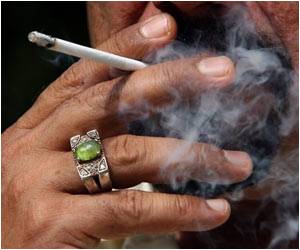Frequent short breaks are better than longer breaks and people who take better breaks experience better health and increased job satisfaction.

"We found that when more hours had elapsed since the beginning of the work shift, fewer resources and more symptoms of poor health were reported after a break. Therefore, breaks later in the day seem to be less effective," said the authors.
For the study around 95 employees (ages 22-67) were surveyed over a five-day workweek and each person was asked to document each break they took during that time. Breaks were defined as "any period of time, formal or informal, during the workday during which work-relevant tasks are not required or expected, including but not limited to a break for lunch, coffee, personal email or socializing with co-workers, not including bathroom breaks."
"Finding something on your break that you prefer to do - something that is not given to you or assigned to you - are the kinds of activities that are going to make your breaks much more restful, provide better recovery and help you come back to work stronger," said Hunter.
The employee surveys showed that recovery of resources - energy, concentration and motivation - following a "better break" earlier in the day, doing things they preferred led workers to experience less somatic symptoms, including headache, eyestrain and lower back pain after the break. The study appeared in the Journal of Applied Psychology.
Source-Medindia









